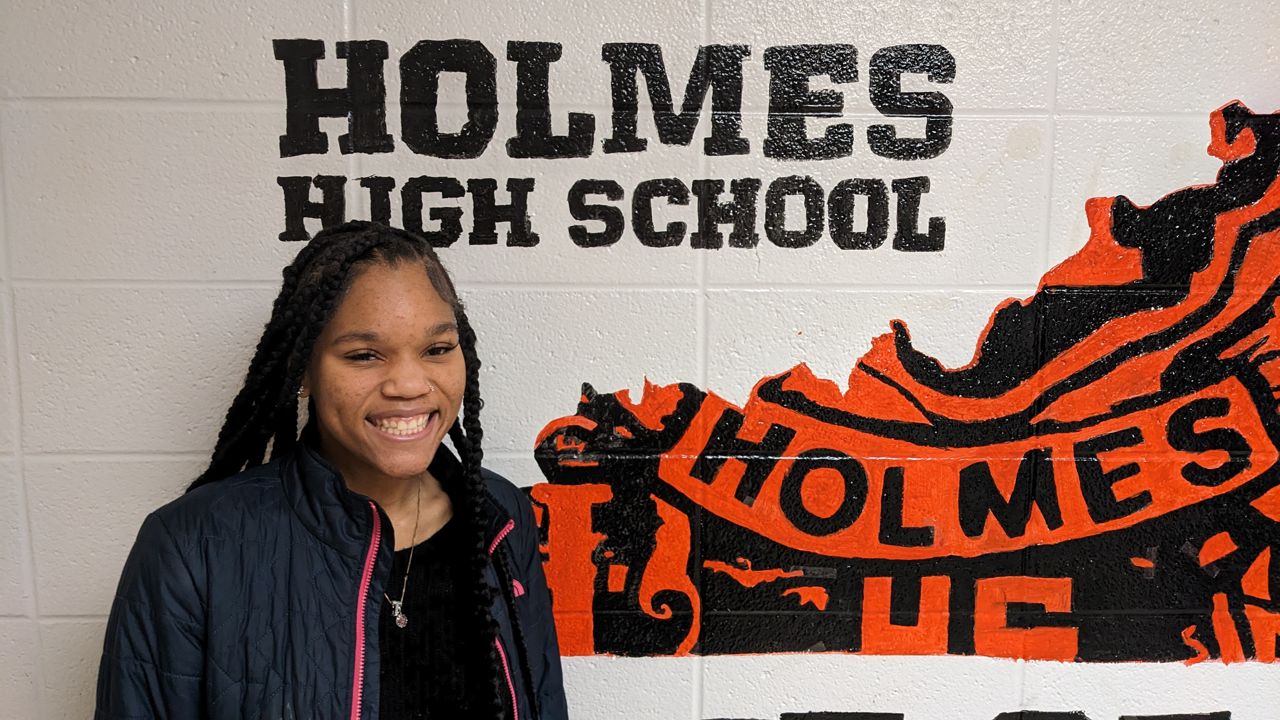LOUISVILLE, Ky. — Following the Department of Justice's findings of a civil rights investigation into the Louisville Metro Police Department and Louisville Metro Government, the city signed an agreement to negotiate a consent decree, committing to making improvements in the department.
The agreement said the city does not concede that there is a pattern of constitutional violations, but that “the findings raise issues of importance.”
The DOJ’s report listed 36 “remedial measures” that were needed, which include improving use-of-force and search warrant training, more consistent use of body cameras and better documentation of police interactions for more accountability.
It also called for better guidance on how to handle protests and said it should be easier for civilians to file complaints.
The recommendations follow 102 suggestions from the 2021 Hillard Heintze report, an external review of the department following the death of Breonna Taylor.
U.S. Attorney General Merrick Garland said many of those reforms were already being implemented, pointing out “the city enacted a law that prohibits LMPD from seeking no-knock warrants, a limited pilot program has started sending behavioral health professionals to certain 911 calls and the city has expanded community-based violence prevention services. LMPD has also announced plans to revamp its training, support for officers’ health and wellness, and internal auditing. These efforts are commendable… but more must be done.”
The consent decree will be filed in U.S. District Court, with an independent third-party monitor determining whether goals are being achieved.
Louisville Mayor Craig Greenberg acknowledged change won’t happen overnight, saying, “we all understand this will take time and sustained effort. It will also take conversation and collaboration with our officers and staff, with their representatives and their union, and with the individuals, businesses and communities throughout our city that we all serve.”
“We will lean on the lessons we have learned from consent decrees in other cities across the country. We have learned—and I have seen firsthand—that consent decrees can lead to lasting and real change,” said U.S. Associate Attorney General Vanita Gupta.
Greenberg insisted, “we can and will do better.”
The report said Louisville Police “discriminate against Black people in its enforcement activities,” uses excessive force and conducts searches based on invalid warrants.
The sweeping probe was announced in April 2021 and is known as a “pattern or practice” investigation — examining whether there is a pattern of unconstitutional or unlawful policing inside the department.









